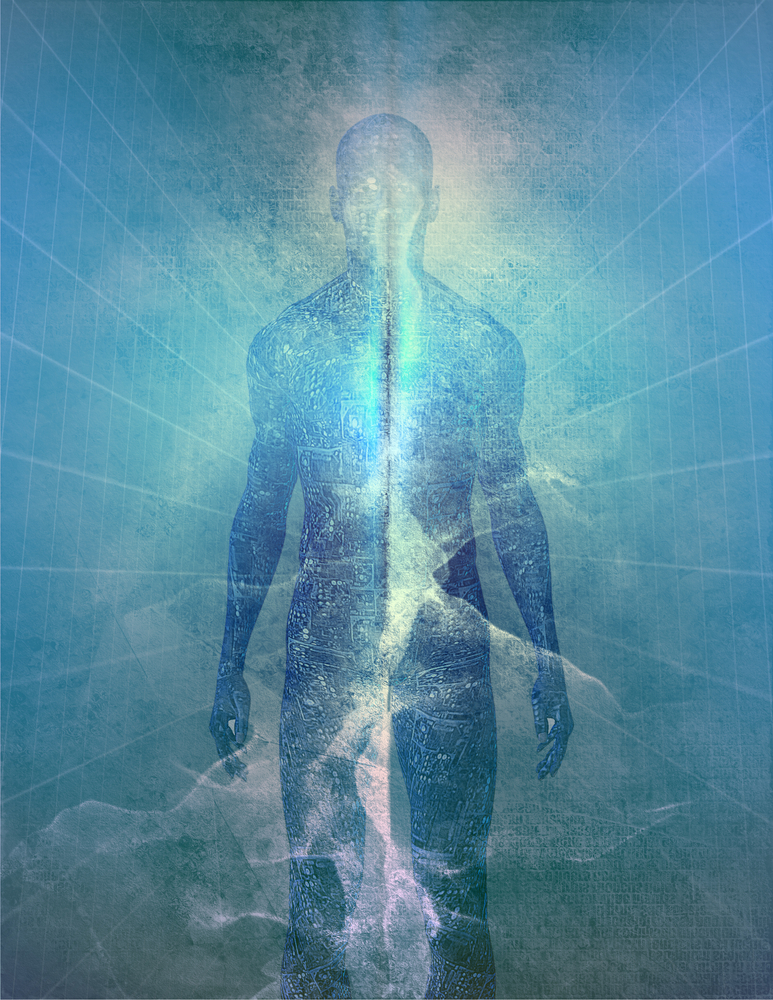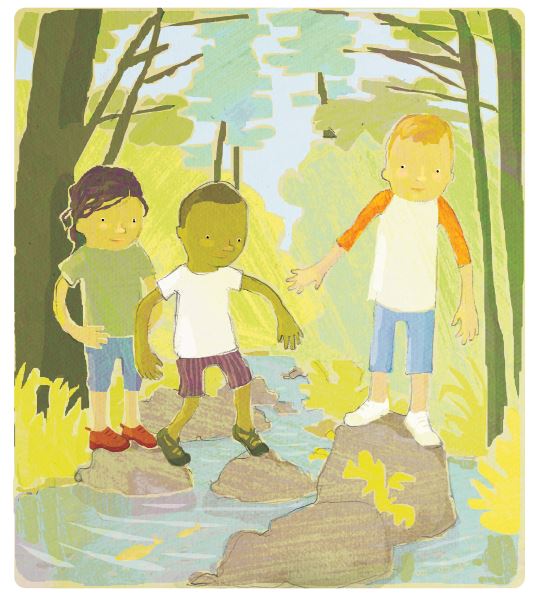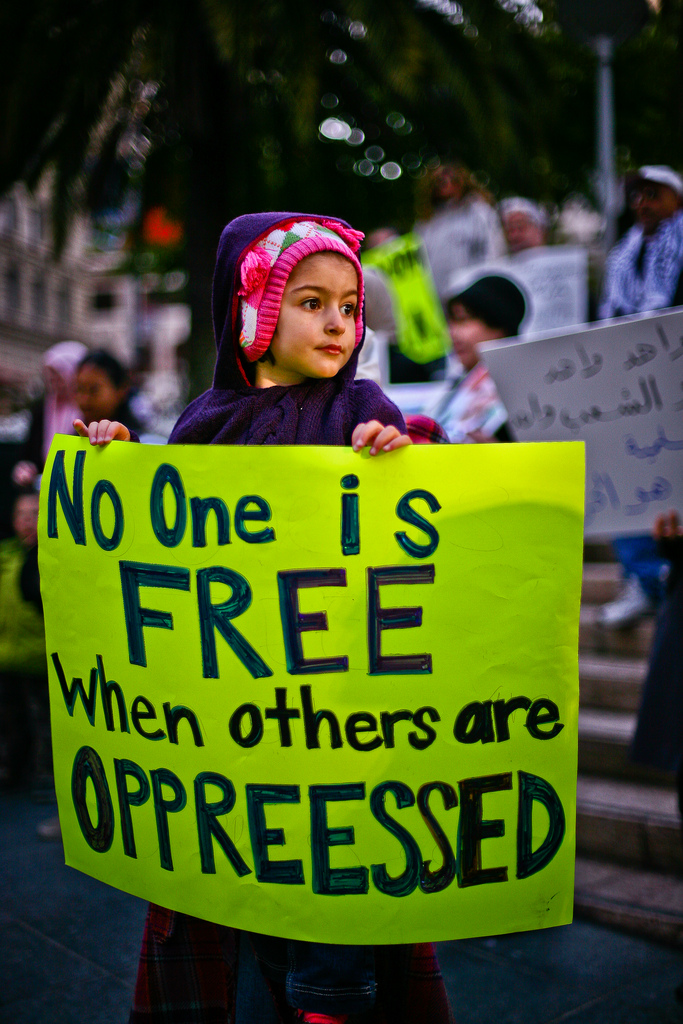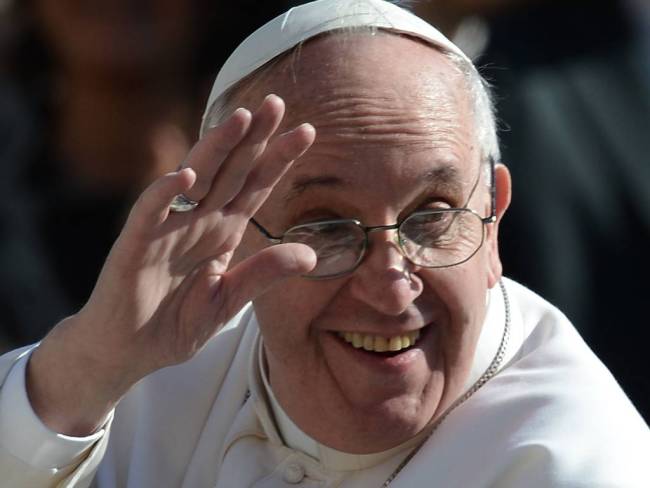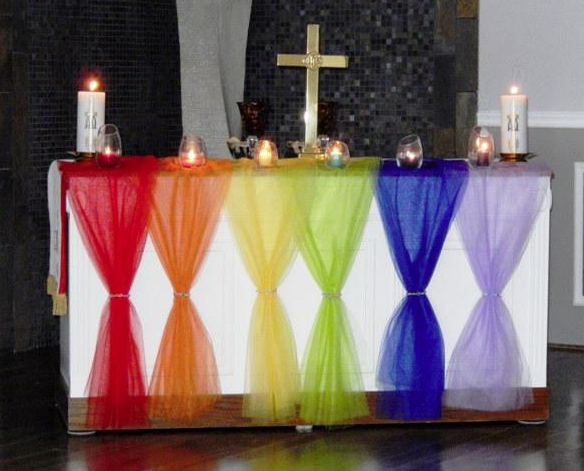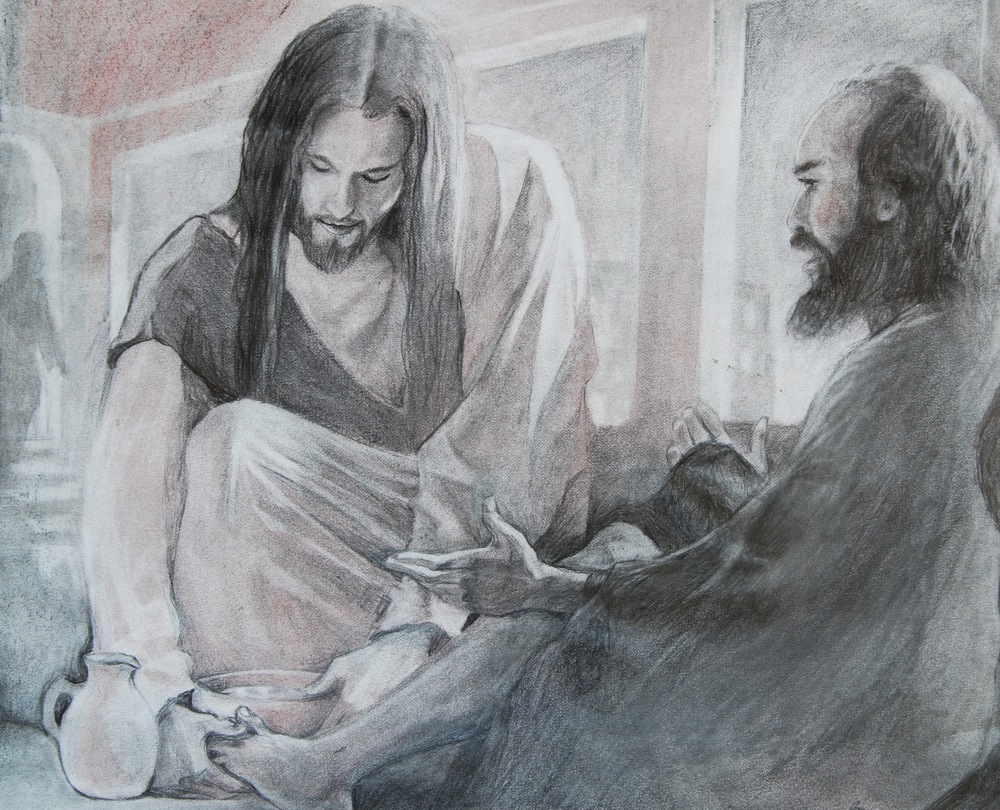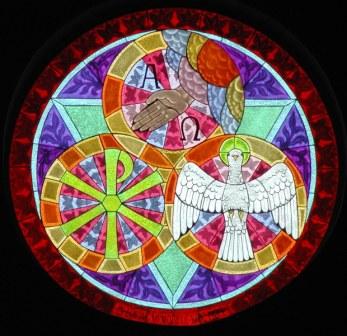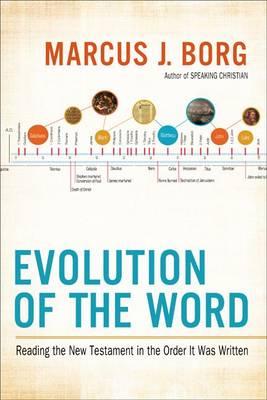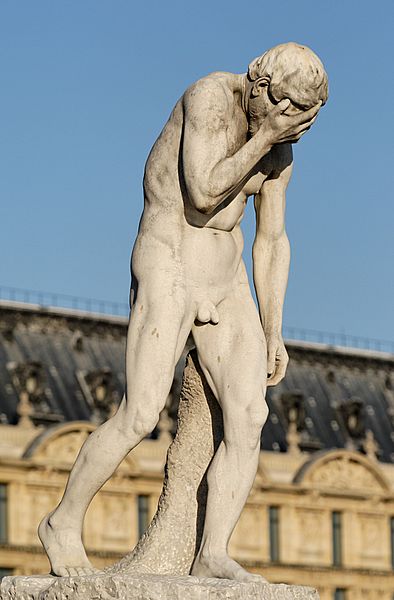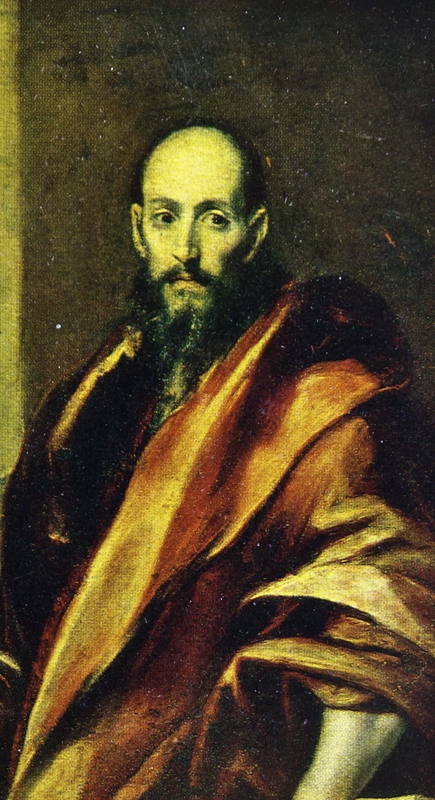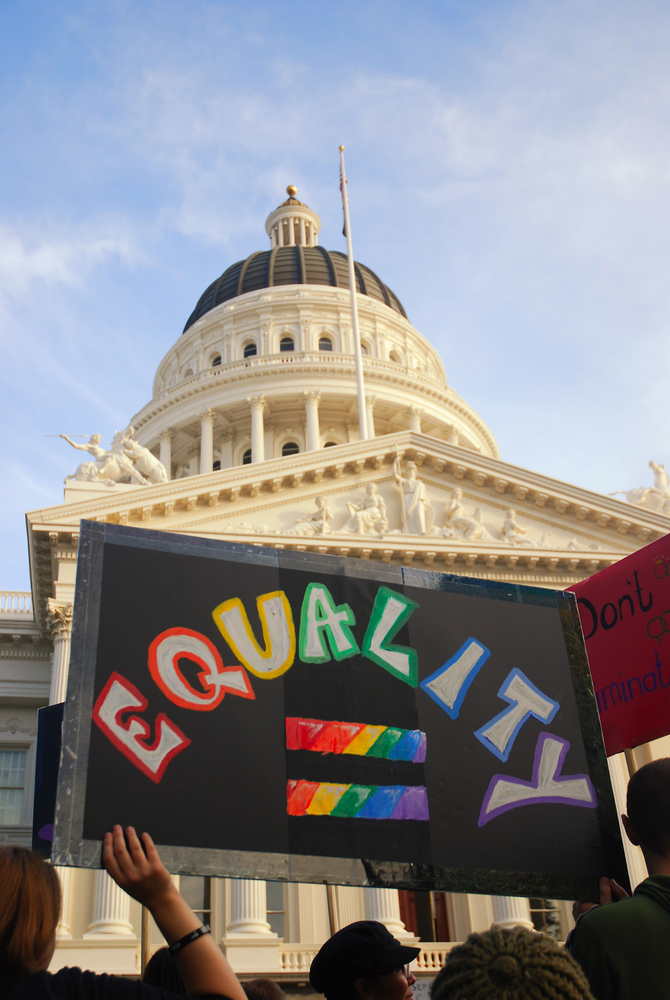In Romans 7:15, the Apostle Paul wrote, "For that which I do, I allow not: for what I would, that I do not; but what I hate, that do I." Many people have pondered over these verses, but everyone who has tried to break a bad habit knows exactly what he's talking about. There seems to be a part of us that knows what we should do, but that part just gets swept away when making decisions in our everyday lives. Why do these contradictions exist within ourselves? The psychology of Carl G. Jung provides some answers.
Some people are highly devotional because it is scary having one's paradigm shattered. This is to be exposed to the chaos of one’s own mind (the devil!). It is much easier to cling to the established artifacts of one’s own thinking then to fall into the pit of chaos. Most people would rather die than admit that the belief system/paradigm that they have carried most or all their life is wrong in spite of proof of error time and time again.
>We all have moments when we have to make tough decisions quickly, and sometimes the way is not clear. How will we recognize the highest good when split-second decisions are needed? And how do we prepare children for the inevitable difficult decisions they will face? The answer to both questions is practice. We can’t expect to understand inner guidance in a crisis if we haven’t listened for guidance any other time in our lives. Every day presents opportunities to feel for the right direction. Every decision we make should be made with soul intuition and not just mental reasoning. Children can learn to feel for inner guidance and use that understanding in all life’s challenges. Your true self is a spiritual being housed in a human being. If we can access the voice of our true selves, the guidance we are looking for will always be available.
In this article, I would like to point out 3 crucial problems that arise when one begins with “plain truths” about the book rather than the Christ, the Logos, the “structuring principle of reality.” (John 1:1–5)
We know what to do. The Universal Declaration of Human Rights begins: “Whereas the peoples of the United Nations have in the Charter reaffirmed their faith in fundamental human rights, in the dignity and worth of the human person and in the equal rights of men and women and have determined to promote social progress and better standards of life in larger freedom.” Unitarian Universalists claim the “inherent worth and dignity of all humanity.” Christians claim the Apostle Paul’s ecstatic revelation that “You are no longer Jew or Greek, no longer slave or freeborn, no longer ‘male and female.’ Instead you all have the same status in the service of God’s anointed Jesus.” Leviticus 19:18 says, “Love your neighbor as yourself.” Jesus said, “Love your enemies.”
“LAUDATO SI’, mi’ Signore” – “Praise be to you, my Lord”. In the words of this beautiful canticle, Saint Francis of Assisi reminds us that our common home is like a sister with whom we share our life and a beautiful mother who opens her arms to embrace us. “Praise be to you, my Lord, through our Sister, Mother Earth, who sustains and governs us, and who produces various fruit with colored flowers and herbs”.
From the Celebrating Mystery collection
Our senses and our use of them are part of God's creation. To attempt to deny our senses is as much an insult to God as is the misuse of them.
A majority of American voters say they support a Supreme Court decision to allow same-sex couples the constitutional right to marry, but the issue remains far from settled among socially conservative religious communities that have repeatedly proclaimed biblical support for human injustice.
Jesus called on people to change. Not just a little, but dramatically. The ‘kingdom of God’ is the term Jesus used to express his vision of a profound transformation of human beings and human institutions—social, political, economic and religious—to fully express the character and nature of God—a God of love. To accomplish this vision, Jesus worked toward the creation of a new kind of community dedicated to values of compassion, generosity, peace, and justice. He was creating a movement for change, a people engaged in a vast conspiracy of love.
Bonhoeffer believed that in the future a religionless Christianity—stripped of its religious garments—would be limited to two things: prayer and action.3 He believed that through these two acts Christians would learn to see the world from a new perspective, with the eyes of those at the bottom of society—the people that Matthew called “the least of these.” For Bonhoeffer, prayer—especially intercessory prayer—becomes important because it creates a powerful sense of empathy and solidarity with the people one brings before God. This, in turn, motivates one to engage in “righteous” action—the seeking of justice in human society.
The dry bones raised by Ezekiel are a metaphor for those who died in the service of God’s justice: those who died working to restore God’s distributive justice-compassion to God’s Earth, and who themselves never saw the transformation. The army of dry bones is an army exiled from justice. Fairness demands that if Jesus was resurrected into an Earth transformed into God’s realm of justice-compassion, then all the other martyrs who died too soon should also be raised with him. “But in fact,” Paul writes in 1 Corinthians 15:20, “Christ has been raised from the dead, the first fruits of those who have died.” It is the Christ – the transformed and transfigured post-Easter Jesus – who has started that general resurrection, which restores justice-compassion to a transformed Earth. The transformation has begun with Jesus, and continues with you and me – IF we sign on to the program.
So what do I mean by a sacred community or spiritual community, or as Peck would call it a true community? I refer here to an intentional community with an identifiable common purpose. Maybe that purpose is simple to grow spiritually as individuals. It is a community where one can transcend oneself and experience a sense of the interconnectedness of life. It is a community in which each member seeks to see and relate to the divine or the sacred in the other.
The creative urgency of God is very close to you - in your heart and looking for an opening so that it may be expressed.
A supersessionist view of the Christian covenant might have made some little sense in a mythic worldview, but never made any moral sense. The time has long since come for Christians to drop such an arrogant claim. It has contributed to extraordinary suffering and eroded any moral authority we might think we have. In that sense, it never made any just sense of the work of God we’ve come to know in Jesus Christ.
What does the Doctrine of the Trinity look like if we reject the idea that it describes a permanent unchanging God? It describes a God as close as your breath, a God whose creative power continues to create, a God who we can see incarnate all around us.
The New Testament in the Order the Books Were Written
the full-text of the New Testament—and one of the only Bibles organized in chronological order and including explanatory annotations that give readers a more informed understanding of the Scripture
Genesis 4:1-16; Romans 2:1-24, 12:14-21; Mark 3:31-35. U.S. Secretary of State John Kerry has clearly stated that so far as the U.S. government is concerned, crimes against humanity were committed by the president of Syria and his agents....Is there a war?
Jesus’ parables tell us how use our creativity to subvert the putative rulers of Earth. Jesus got into trouble for suggesting that the way to assure that all of the people have food to eat is to share whatever they have. And don’t assume that your traditional enemy has no soul. The very powers that are supposed to have your best interest at heart will pass you by on the other side of the road while you die in the ditch (“The Good Samaritan” Luke 10:30-35). To love your enemies is to have no enemies.
Paul insists, "It is for freedom that Christ has set us free." Yes, freedom. Paul was the Apostle of human freedom.
There is much discussion in the public arena about homosexuality, access to birth control and access to abortion. I have not heard one person say anything about First Amendment Rights in connection with homosexuality or access to birth control.
Matthew 16:13-28; Romans 6:5-11 This commentary is going directly through Matthew without regard for the traditional Christian liturgical year, so will not skip

